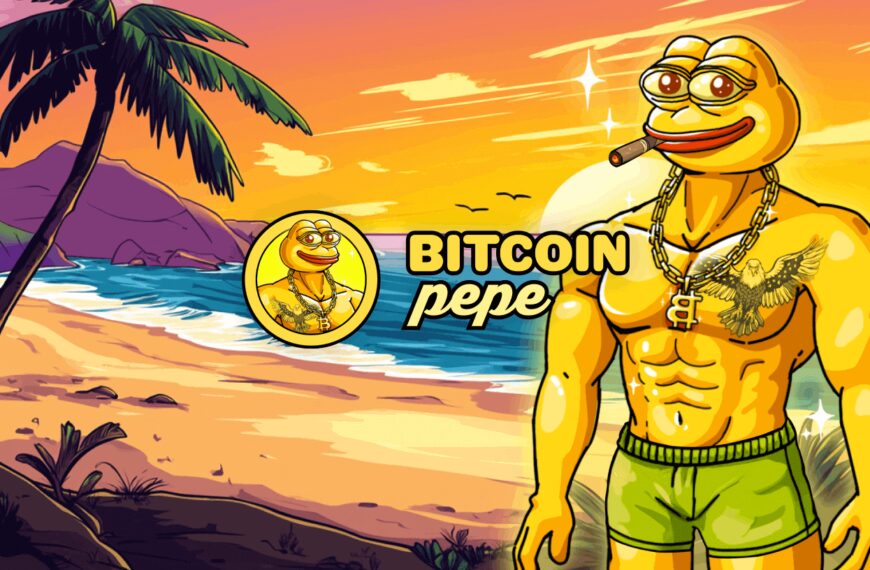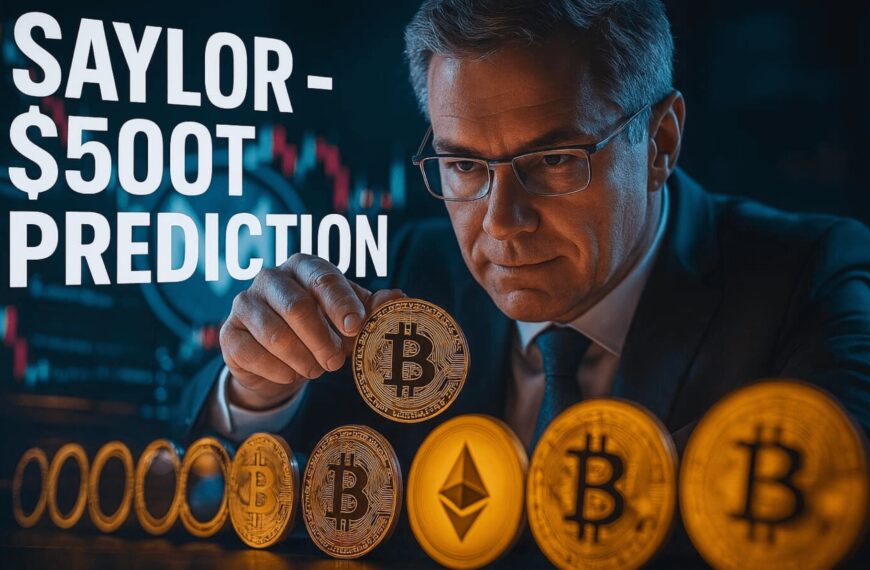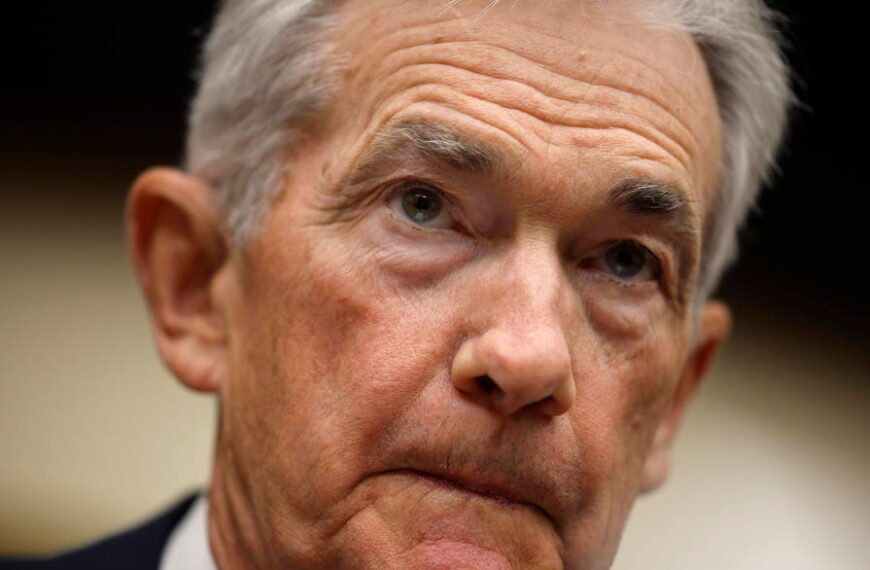Understanding the NFT ETF Landscape
In recent weeks, there has been a surge of speculation surrounding the possibility of a Non-Fungible Token (NFT) Exchange-Traded Fund (ETF) entering the financial markets. However, experts have swiftly debunked these rumors, asserting that the prospect of an NFT ETF is highly unlikely. This skepticism primarily stems from traditional investors who regard NFTs as a speculative and, to some, a nonsensical asset class.
The Rise of NFTs: A Brief Overview
NFTs have exploded in popularity over the last few years, transforming the way we perceive digital ownership. These unique digital assets allow creators to tokenize their work, ranging from art and music to virtual real estate and collectibles. Despite the buzz, the intrinsic value and sustainability of NFTs have been hotly debated.
Key points about NFTs:
While the NFT market has attracted significant attention, it has also been met with skepticism, particularly from seasoned investors who often prefer more traditional and stable investment options.
The NFT ETF Debate: Why Experts are Skeptical
The concept of an NFT ETF has intrigued some, as it would allow investors to gain exposure to the NFT market without directly purchasing the tokens themselves. However, experts point out several reasons why this idea may not materialize:
1. Lack of Regulatory Clarity
The regulatory landscape surrounding NFTs is still evolving. Unlike traditional stocks and commodities, NFTs do not have established guidelines, making it challenging for regulators to approve an ETF. Experts argue that without a clear regulatory framework, launching an NFT ETF is improbable.
2. Market Volatility
NFTs are notoriously volatile, with prices often fluctuating wildly based on trends and market sentiment. Traditional investors tend to shy away from assets with such unpredictable valuations. Experts warn that the inherent volatility of NFTs poses significant risks that could deter institutional investment.
3. Perception as a Speculative Asset
Many traditional investors view NFTs as speculative investments lacking intrinsic value. This perception reinforces the idea that NFTs are more akin to a fad than a legitimate asset class. Until NFTs can demonstrate consistent value and utility, the likelihood of an ETF remains low.
The View of Traditional Investors
The skepticism surrounding NFTs is particularly pronounced among traditional investors. Many believe that the hype surrounding NFTs is unfounded and that the asset class cannot sustain long-term growth. This sentiment reflects a broader hesitation to embrace digital assets and innovative investment vehicles.
Concerns About Market Sustainability
Traditional investors are often concerned about the sustainability of trends in the NFT space. While some high-profile sales have generated headlines, the long-term viability of NFTs as a stable investment remains in question. Factors contributing to this skepticism include:
1. Oversaturation of the Market
As more creators and projects flood the NFT market, the risk of oversaturation increases. This saturation could lead to diminished demand and a subsequent decline in value for many NFTs.
2. Lack of Tangible Underlying Value
Unlike stocks that represent ownership in a company or commodities with inherent value, NFTs often do not have a tangible backing. This absence of intrinsic value can make it difficult for traditional investors to justify purchasing NFTs.
3. Potential for Fraud and Misrepresentation
The NFT space has seen its fair share of scams and fraudulent projects. Traditional investors, who prioritize due diligence and risk management, are understandably cautious when considering an asset class that is still rife with potential pitfalls.
Future of NFTs: What Lies Ahead?
Despite the current skepticism surrounding NFTs and the unlikely prospect of an NFT ETF, the future of this asset class is not entirely bleak. There are several avenues for growth and development that may reshape perceptions over time.
Increased Institutional Interest
While traditional investors may be hesitant, there are signs of increased institutional interest in NFTs. As major corporations and financial institutions explore the potential of digital assets, the narrative surrounding NFTs may gradually shift. This increased interest could pave the way for more structured investment vehicles in the future.
Improved Regulatory Frameworks
As regulators continue to assess the NFT market, clearer guidelines may emerge, fostering a more stable environment for investors. A well-defined regulatory framework could enhance investor confidence and provide the foundation for future investment products, including ETFs.
Technological Advancements
The NFT space is continuously evolving, with technological advancements driving innovation. As new use cases for NFTs develop, such as in gaming and virtual reality, the narrative may change. If NFTs can demonstrate real-world utility and value, traditional investors may begin to reconsider their stance.
Conclusion
In conclusion, while the idea of an NFT ETF has captured the imagination of some, experts remain skeptical about its feasibility. Traditional investors view NFTs as a speculative and volatile asset class, which has contributed to the prevailing sentiment against the establishment of an ETF. However, as the market matures and regulatory frameworks evolve, the future of NFTs may hold untapped potential. For now, it is essential for investors to approach this burgeoning asset class with caution and a critical eye.





